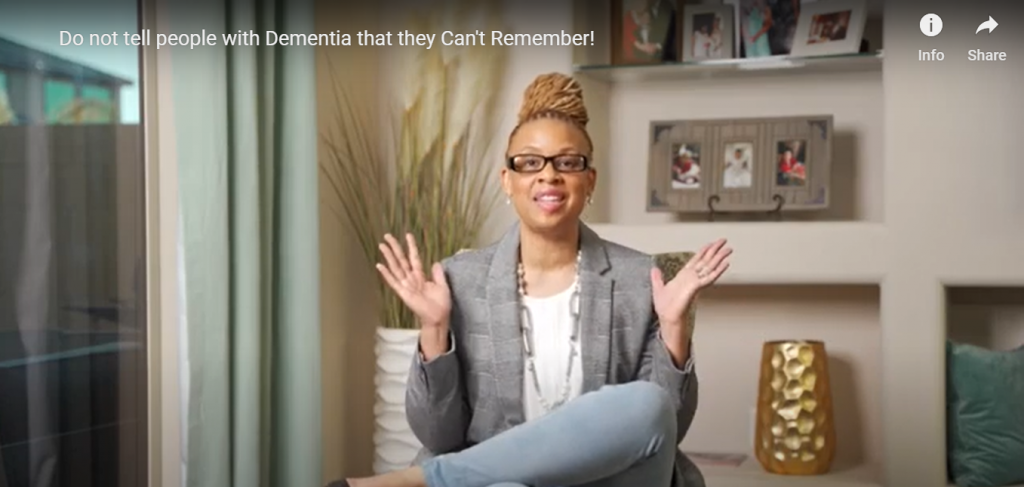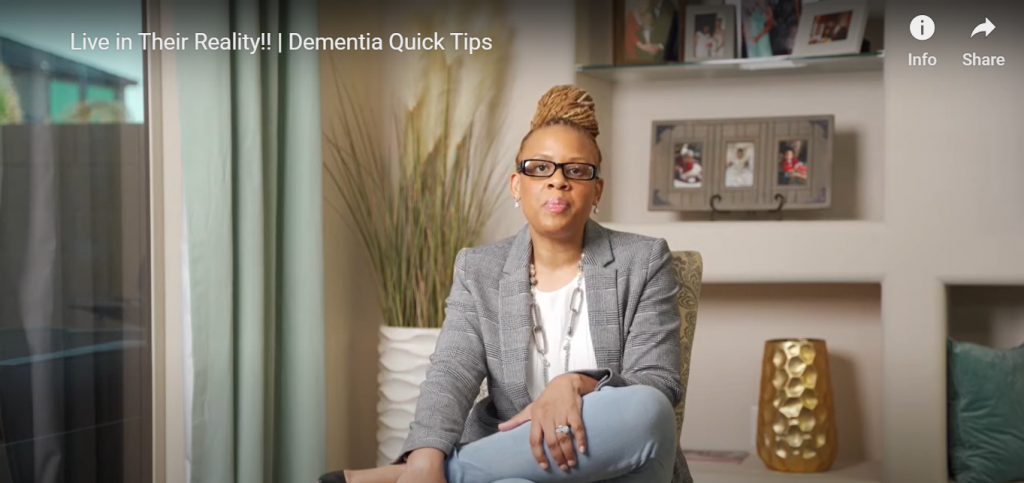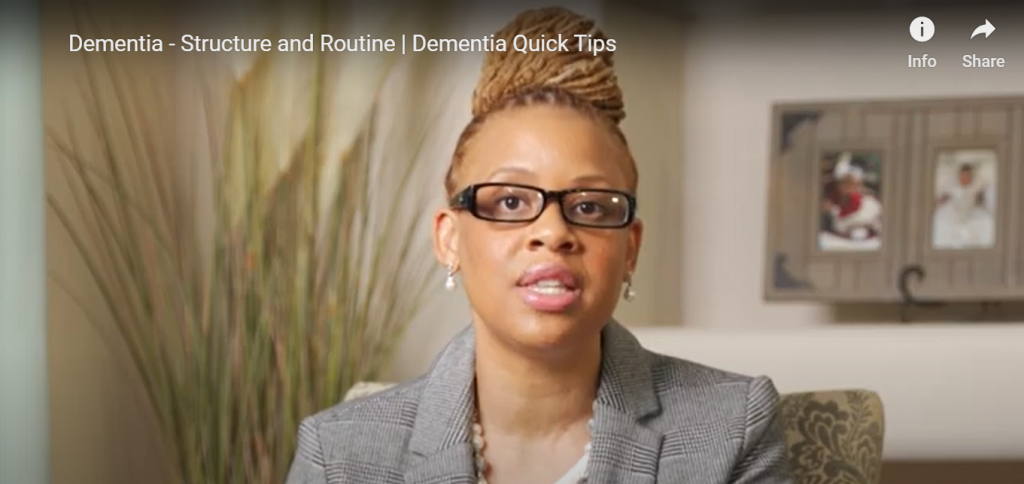
Embracing Empathy Over Being Right in Dementia Care
Have you ever found yourself in a situation where saying “I’m sorry” seems unnecessary? Perhaps you believe you’re in the right, and admitting fault feels like a weakness. What if I told you that saying “I’m sorry” frequently, even when it means accepting the blame, can be one of the most powerful acts of compassion and understanding, especially when dealing with dementia.
In this blog post, we will explore the significance of apologizing in the context of dementia care and why it’s crucial to prioritize empathy over being right.
Why should I say “I’m sorry” even if I’m not at fault?
Dementia often leads to confusion, memory loss, and personality changes in the affected individuals. In such situations, they may perceive events differently or have false memories. When you say, “I’m sorry,” you’re not admitting fault but acknowledging and validating their feelings. It’s about preserving their dignity and reducing distress.
Isn’t it unfair to apologize when I’m right?
While it may seem unfair, it’s essential to prioritize your loved one’s emotional well-being over being right. Dementia can lead to frustration, anxiety, and agitation in individuals. By apologizing, you can diffuse tense situations and maintain a peaceful atmosphere, which is vital for their overall quality of life.
How does this practice benefit the caregiver?
Caring for someone with dementia can be emotionally taxing. By saying “I’m sorry” and prioritizing their emotional needs, caregivers can reduce their stress levels. It allows them to maintain a more peaceful and harmonious caregiving environment, essential for their
well-being.
When should I say, “I’m Sorry.”
1. When They Are Upset
If a person with dementia is upset, it’s not always essential to determine whether you are right or wrong. Instead, focus on their emotions. Saying “I’m sorry” can help ease their distress, and later, you can calmly discuss the issue.
2. When Miscommunication Occurs
Dementia can lead to miscommunication and misunderstanding. In such cases, apologize for the confusion and then work together to find a solution. It’s more important to bridge the gap in understanding than to prove your point.
3. When Their Safety Is at Stake
Safety is paramount in dementia care. Even if you believe you’re right, if an action could jeopardize their safety, it’s crucial to apologize and redirect them gently. Their well-being should always come first.
The Power of Apologizing in Dementia Care
1. Fostering Emotional Connection
Dementia is a challenging journey, not only for the individuals affected but also for their caregivers and loved ones. It can lead to misunderstandings, frustration, and even conflicts. However, by saying “I’m sorry,” we foster emotional connection by acknowledging the other person’s feelings and validating their experiences, even if we believe we are right.
2. Reducing Agitation and Anxiety
Dementia can often cause agitation and anxiety in those experiencing it. Sometimes, a simple apology can diffuse tense situations. When we say sorry, we offer comfort and reassurance, which can go a long way in soothing a distressed individual.
3. Preserving Dignity
People living with dementia may struggle with memory loss and confusion. When we apologize for any perceived wrongdoing, we help preserve their dignity. It shows that we respect their feelings and are willing to make amends, creating a more supportive and respectful environment.
Real-life example
The video story illustrates a common situation caregivers often encounter when caring for someone with dementia. In this case, a daughter named Lolita caring for her mother, Wilma.
In the story, Wilma, who has dementia, repeatedly asks about her missing teeth. Lolita initially responds to her mother’ question by explaining that some teeth were removed during a dental visit, and her dentures no longer fit. However, Wilma does not remember going to the dentist, leading to frustration and confusion.
Lolita realizes that her previous approach was causing distress for her mother. Instead of insisting that her mother had been to the dentist, Lolita takes a more empathetic and compassionate approach. She tells her mother that she took her teeth to the dentist and that new ones are being made. This alternative explanation temporarily alleviates Wilma’s confusion, but she questions why Lolita didn’t inform her about taking her teeth.
Lolita acknowledges her mistake and apologizes to her mother, promising to communicate better. Wilma accepts the apology, and the story concludes with the notion that you cannot argue with someone who says, “I am sorry.”
This story highlights the importance of patience, empathy, and the willingness to adapt communication strategies when caring for individuals with dementia. It addresses how a simple apology can defuse tension, foster understanding, and maintain a sense of trust and connection between the caregiver and the person with dementia.
Final words
In conclusion, saying “I’m sorry” frequently, even when it means accepting the blame, is a powerful tool in dementia care. It fosters emotional connection, reduces agitation, preserves dignity, and, most importantly, prioritizes empathy over being right. So, the next time you find yourself in a situation where an apology is needed, don’t hesitate to say, “I’m sorry.” It could make all the difference to someone living with dementia.
Conclusion
Caring for someone with dementia requires not only physical support but also emotional sensitivity. Saying “I’m sorry” frequently, even when it means accepting the blame, can be a powerful tool in providing emotional support and maintaining a peaceful environment. Saying “I’m sorry,” fosters emotional connection, reduces agitation, preserves dignity, and, most importantly, prioritizes empathy over being right. Doing so can enhance their quality of life and create a harmonious experience for you and your loved one.



